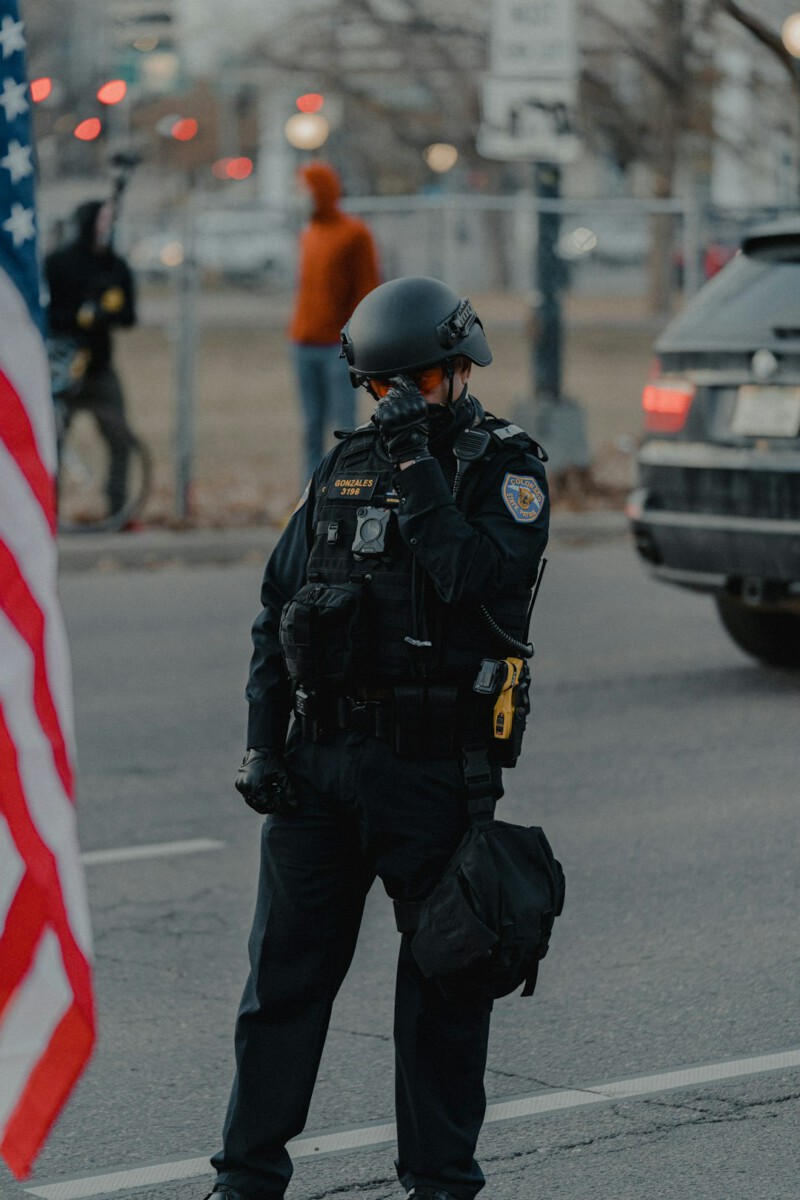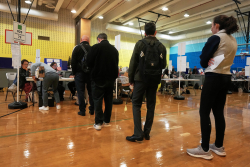A Shocking Find That Stopped a Community Cold (Image Credits: Unsplash)
Cleveland, Mississippi – On a crisp September morning, the stillness of the Delta State University campus was shattered by a grim discovery near the pickleball courts, where autumn leaves rustled uneasily in the breeze.
A Shocking Find That Stopped a Community Cold
Imagine walking to class and stumbling upon something straight out of a nightmare. That’s what happened when 21-year-old Demartravion “Trey” Reed was found hanging from a tree on the Delta State campus. The young Black student, full of promise and just starting his junior year, became the center of a storm far bigger than the weather.
Local police arrived quickly, and initial reports pointed to suicide. Yet, in a state with a painful legacy of racial violence, that explanation didn’t sit right with many. Whispers turned to shouts as the news spread, pulling in family, activists, and the weight of history itself.
This wasn’t just a death; it felt like a ghost from the past rising up, demanding to be seen. Reed’s body showed signs that raised eyebrows – broken bones that didn’t align with a simple self-inflicted act.
The Family’s Fierce Fight for Truth
Trey’s mother refused to accept the official line. She rallied supporters, her voice breaking as she described her son as joyful and driven, not someone who’d end it all this way. Hiring renowned civil rights attorney Ben Crump, the family pushed for an independent autopsy to uncover what really happened.
Crump, known for high-profile cases involving Black lives lost unjustly, stepped in amid growing suspicions. The family’s demands echoed across social media, where posts flooded in calling for justice and questioning the haste in ruling out foul play.
Still, two autopsies later confirmed suicide, according to investigators from multiple agencies, including the Mississippi Bureau of Investigation. But trust in those findings? That’s another story, fractured by decades of doubt.
Mississippi’s Lynching Legacy Looms Large
Mississippi’s Delta region carries scars from over a century of terror. Lynchings weren’t rare events here; they were tools of control, with hundreds of Black men and women killed by mobs between 1882 and 1968. Trees like the one on campus became symbols of that horror.
Since 2000, at least nine Black men have been found hanging from trees across the South, many ruled suicides despite skepticism. Reed’s case fits a troubling pattern, stirring fears that old hatreds haven’t fully faded.
Activists point out how these incidents often get dismissed quickly, leaving communities to grapple with unresolved pain. It’s a reminder that history doesn’t stay buried – it resurfaces in moments like this.
Campus Life Disrupted Amid Rising Tensions
Delta State University, a public school in the heart of the Delta, prides itself on community and growth. But this tragedy cast a long shadow, canceling classes and sparking vigils where students shared stories of fear and solidarity.
The New Black Panther Party joined Trey’s mother for a rally on campus, labeling it a modern lynching and calling for accountability. Their chants cut through the air, drawing attention to what they see as systemic neglect.
University officials urged patience while awaiting results, but the online buzz grew fierce. Posts on X captured the outrage, with users decrying the “no foul play” stance given the site’s history.
Broader Questions About Justice in the South
This incident highlights ongoing challenges in investigating deaths involving Black victims. Families often face uphill battles for transparency, especially when initial probes close doors fast.
Experts note that mental health struggles are real, but context matters. In areas with deep racial divides, suicides get scrutinized through a lens of suspicion. Reed’s case has sparked calls for better protocols, like mandatory independent reviews.
Meanwhile, the community mourns a young man gone too soon, his dreams cut short. It’s a call to examine not just one tree, but the roots of inequality still tangled in the soil.
Key Takeaways from the Delta State Case
- Initial police findings ruled Trey Reed’s death a suicide, backed by two autopsies, yet family and activists remain unconvinced due to physical evidence and historical context.
- The incident evokes Mississippi’s lynching history, where trees symbolized racial terror, prompting national conversations about distrust in official narratives.
- Support from figures like Ben Crump underscores the need for thorough, independent investigations in cases involving Black lives.
As the investigation wraps up, one thing stands clear: tragedies like this don’t just grieve a family – they challenge a nation to confront its past and protect its future. What steps can communities take to ensure no story like Trey’s gets overlooked? Share your thoughts in the comments.








